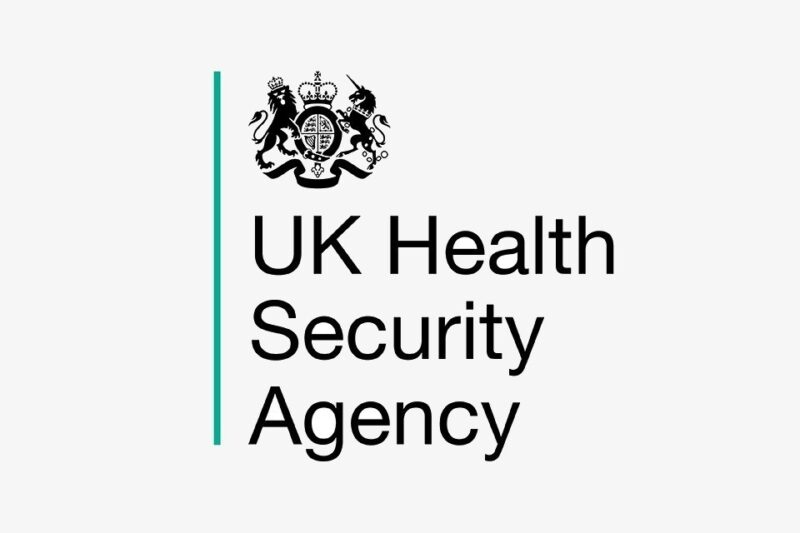Health Studies, Industry Research
UKHSA Addresses 7 Vaping Myths
The UK Health Security Agency (UKHSA) has replaced Public Health England for the oversight of electronic cigarettes, vaping, and tobacco harm reduction. It has readdressed the subject of common misconceptions about e-cig use with the aim of clearing up the myths and putting minds at rest.

The UK Health Security Agency notes that electronic cigarettes and vaping are a bit like Marmite in the eyes of the media and members of the public. Due to some of the coverage, smokers and ex-smokers are subjected to information that simply isn’t true and the Agency seeks to provide up-to-date facts about vaping.
The most amazing thing about the update is that it barely differs from advice handed out by Public Health England in 2015 – meaning that all of the independent British research since then has been broadly supportive of e-cig use.
“Despite the sometimes confused, and confusing, media reporting around the safety of e-cigarettes, there is growing consensus around the evidence. While not without some risk, when compared to smoking e-cigarettes are far less harmful,” the Agency says.
MYTH 1 – E-Cigarettes give you ‘popcorn lung’
Bronchiolitis obliterans is a disease that workers in a popcorn factory contracted when they were exposed to a chemical called diacetyl in the air. Diacetyl is added to food products to give them a buttery or creamy texture.
Some people spread the myth that e-cigarettes cause this disease, referring to it as popcorn lung. While some party and custard e-liquids contained a flavouring that included some diacetyl, the levels were well below those found in cigarette smoke and almost all juice makers stopped using it following a piece of research conducted by Dr Konstantinos Farsalinos in 2014.
The Agency adds that now, “diacetyl is banned as an ingredient from e-cigarettes and e-liquids in the UK.”
MYTH 2 – E-Cigarettes aren’t regulated and we don’t know what’s in them
The Tobacco and Related Products Regulations was introduced in 2016 giving the UK “the strictest regulation for e-cigarettes in the world”, according to UK Health Security Agency.
“E-cigarette products are subject to minimum standards of quality and safety, as well as packaging and labelling requirements to provide consumers with the information they need to make informed choices. All products must be notified by manufacturers to the UK Medicines and Healthcare products Regulatory Agency (MHRA), with detailed information including the listing of all ingredients.”
MYTH 3 – E-cigarettes must be harmful as they contain nicotine
“Four out of 10 smokers and ex-smokers wrongly think nicotine causes most of the tobacco smoking-related cancer,” the Agency states, “when evidence shows nicotine actually carries minimal risk of harm to health.”
Without the carbon monoxide, tar or thousands of toxins found in cigarette smoke, the Agency repeats that vaping is much safer than smoking.
MYTH 4 – Exposure to e-cigarette vapour is harmful to bystanders
“Second-hand smoke is harmful,” it says, but vaping is just exhaled aerosol.
While people with some chest conditions may find vapour problematic, “there have been no identified health risks of passive vaping to the health of bystanders”.
MYTH 5 – E-cigarettes will lead young people into smoking
The UK Health Security Agency says there is “no evidence so far to support the concern that e-cigarettes are a route into smoking among young people”.
It adds that while some teens try vaping, it is “rare and confined almost entirely to those who already smoke”.
MYTH 6 – E-Cigarettes are being used as a Trojan horse so the tobacco industry can keep people smoking
The Agency is plain-speaking, saying there is “no evidence to suggest that e-cigarettes are encouraging people to continue smoking – the picture in the UK suggests the opposite.”
As vaping has increased so too has the rate of British people quitting smoking.
Myth 7 – E-Cigarettes don’t help you quit smoking
This follows on from the previous myth and is clearly not true.
The UK Health Security Agency says vaping is “twice as effective” when compared to the next best smoking cessation method. Adding: “In summary, e-cigarettes and tobacco cigarettes are not the same and shouldn’t be treated as such. It’s important that England’s seven million smokers are aware of the differences and have accurate information to inform their health decisions. E-cigarettes aren’t completely risk-free but carry a fraction of the risk of smoking and are helping thousands of smokers to quit and stay smoke-free.”
